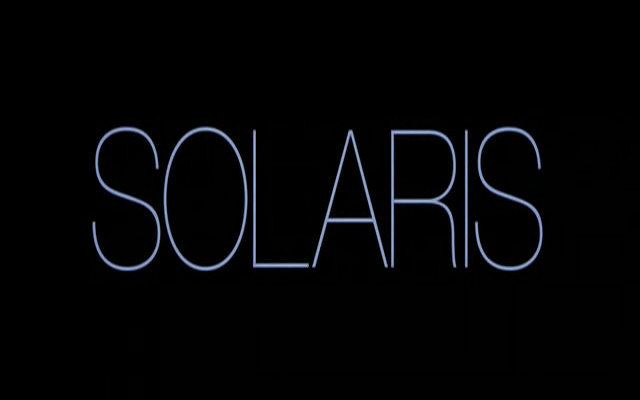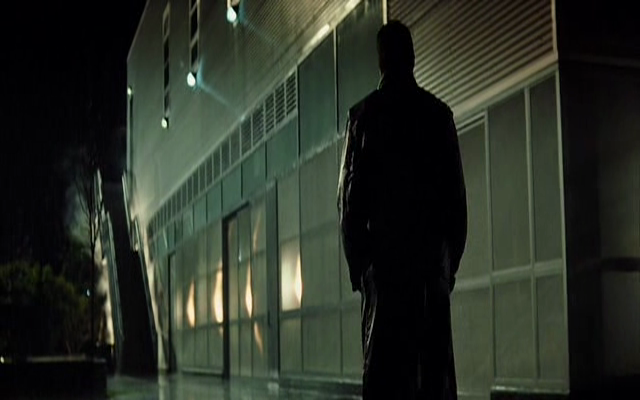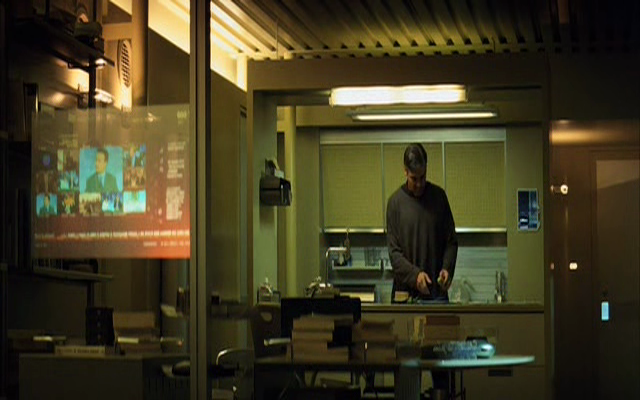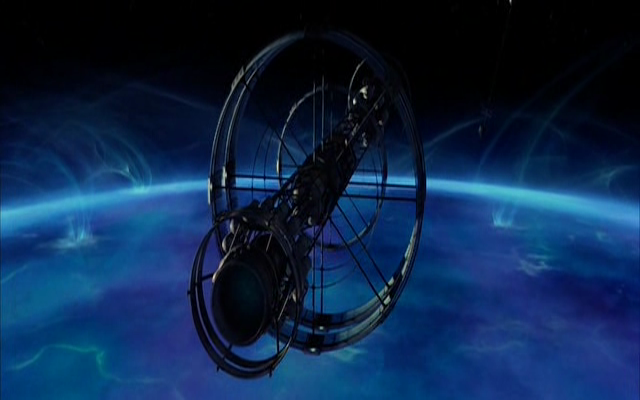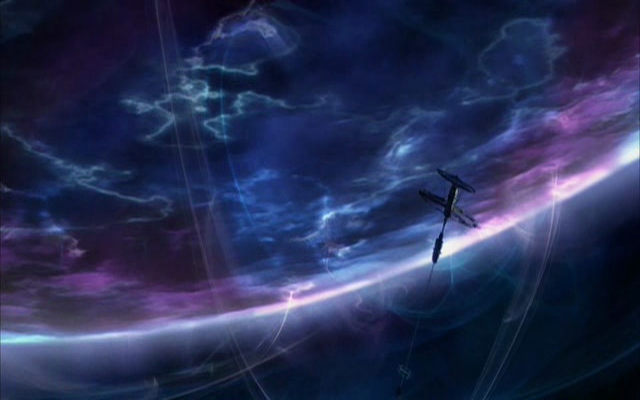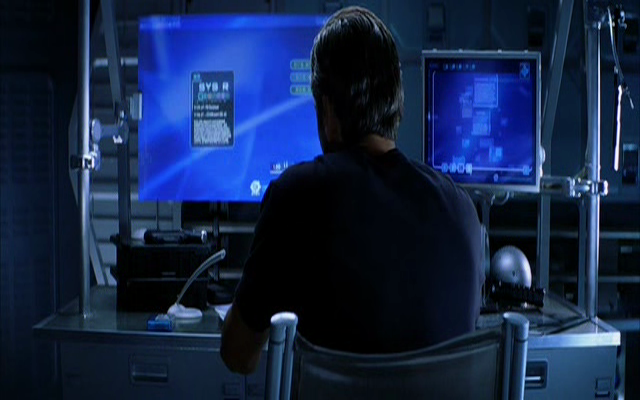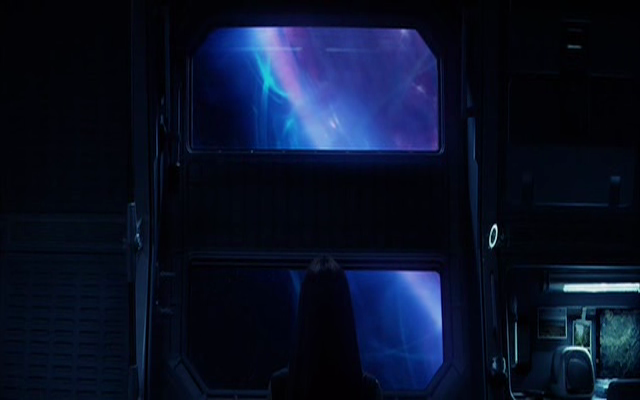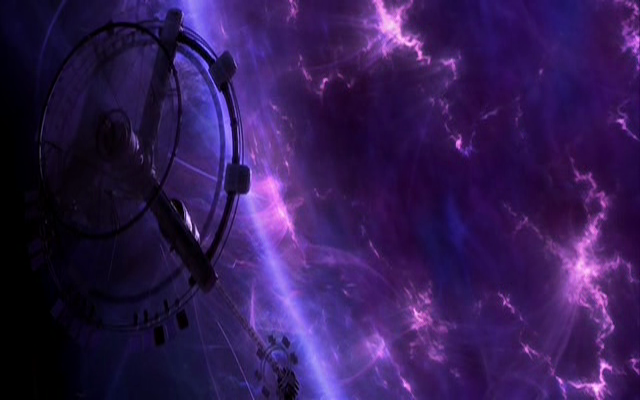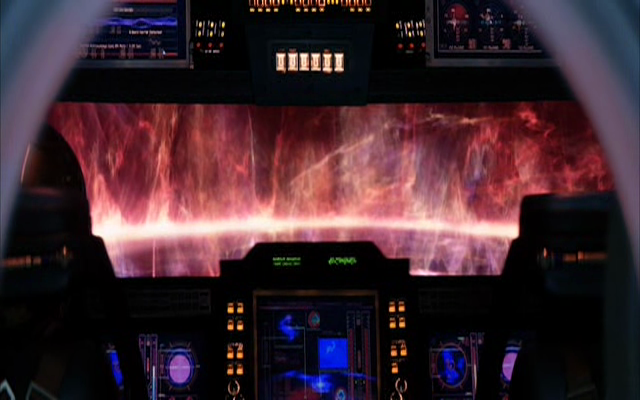-
#595 – Contagion (2011)

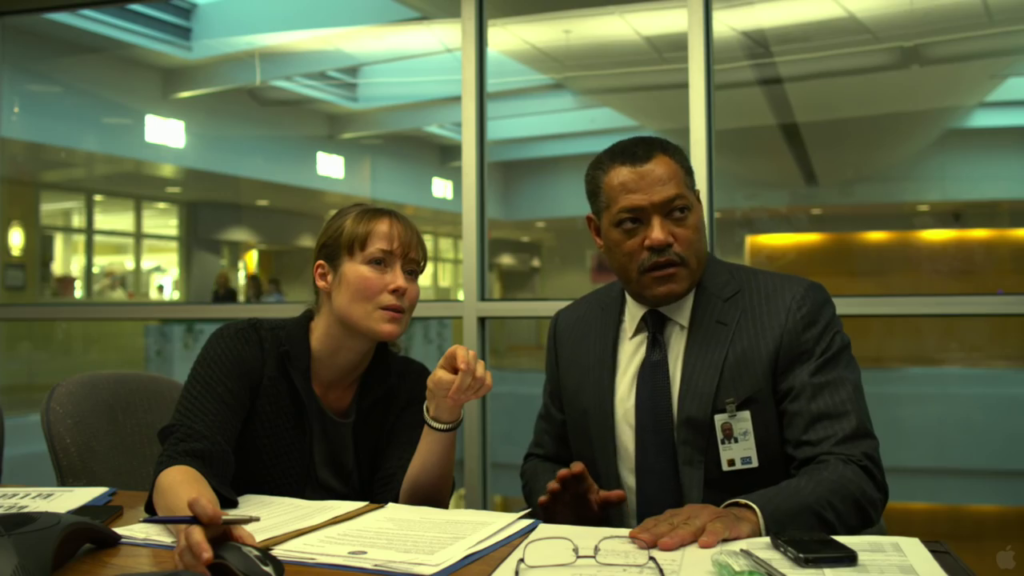
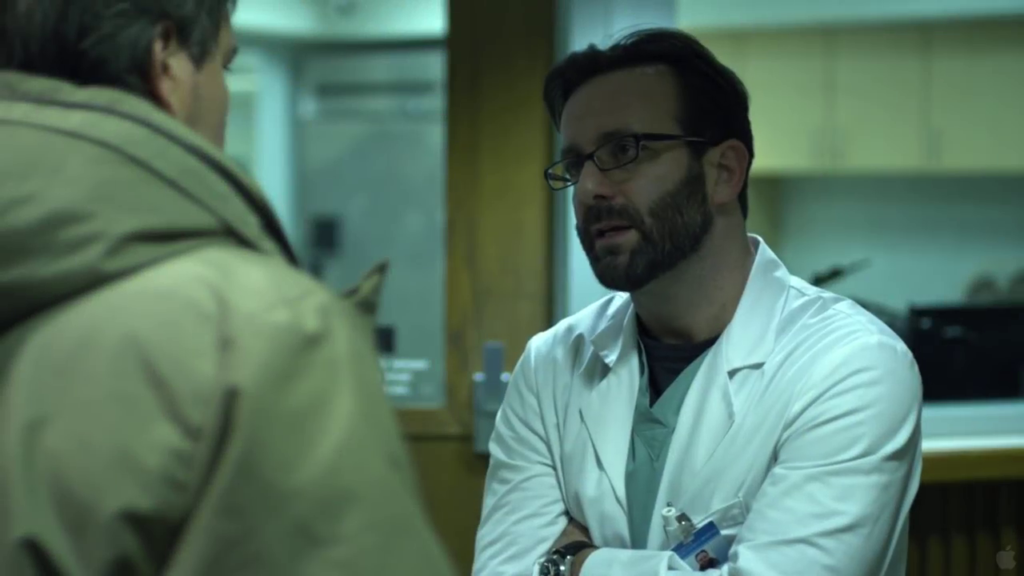

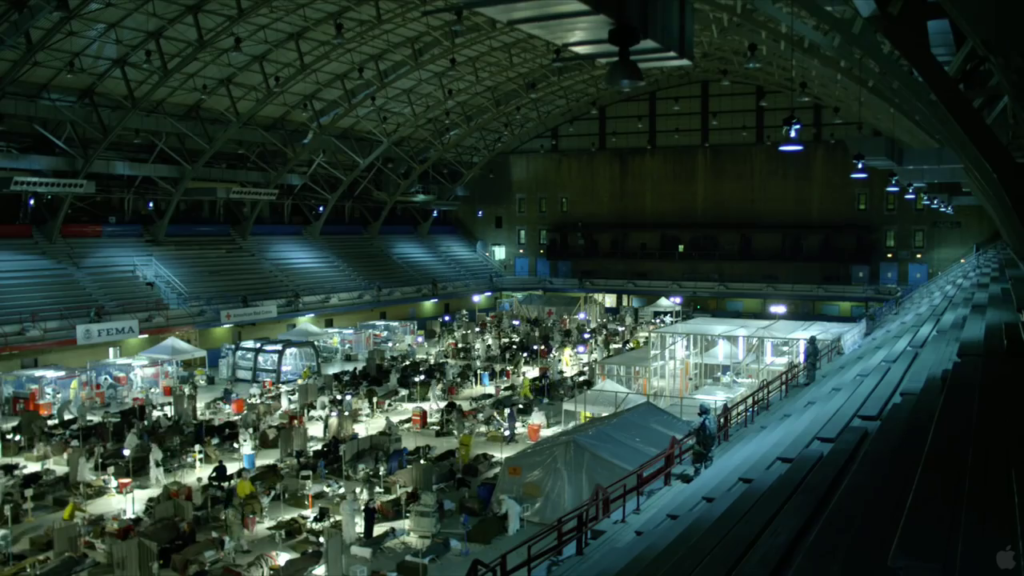



Contagion (2011)
Film review #595
Director: Steven Soderbergh
SYNOPSIS: A new virus originating in China quickly spreads around the world, leading to mass death and panic. As scientists struggle to develop a vaccine, the breakdown of social order and the rise of conspiracy theorists sets in, and the virus quickly spreads out of control…
THOUGHTS/ANALYSIS: Contagion is a 2011 science disaster film about a global pandemic, and the race to find a vaccine. Starting off in Hong Kong, the film tracks a number of characters as a mysterious virus infects and kills people around the world, resulting in a global pandemic. The core of the film follows the impact of the virus on the world’s population, but mostly on the scientists who are trying to develop a vaccine. We get a good look at a variety of perspectives in the film, although none really become the central focal point; as mentioned, each character offers their own perspective, without one taking precedence over the others. That said, there does feel like a bit of an imbalance, and some of the stories seem to be missing some scenes that would round off their particular narrative. Also, the film is very U.S. centric for a global pandemic, and we never get a sense of what is happening in other parts of the world other than the U.S. and China. On the whole though, the story is very tightly packed with different perspectives, and obviously the central plot point is the virus, not the personalities, so this narrative technique fits the film well.
I suppose it’s impossible to look back at this 2011 film now without comparing it in some way to the Covid-19 pandemic. There are a lot of similarities in the film: from the origins of the virus, a race for a vaccine, whining conspiracy theorists, social distancing, and the rate of reproduction. It’s perhaps easy to call it prophetic, but it’s actually a credit to the film’s attempt to create a ‘realistic’ scenario, and the amount of research undertaken by the director, working with real scientists to understand what they would do in the vent of a pandemic. So the film isn’t really prophetic, it’s just good research. However, it’s difficult to view the film as a “what-if” scenario when a lot of it became reality, and you’ll probably be constantly comparing it to what actually happened near ten years later. Whether this is to the film’s acclaim or detriment is up for debate. It should be noted that the ensemble cast do give a strong performance, so that’s something that allows the film to stand on it’s own. Overall, Contagion does what it sets out to do with researched precision that brings a speculative scenario to life. However, because of this, it’s proximity to actual events nearly a decade later might be a bit distracting.
-
#19 – Solaris (2002)
Solaris (2002)
Film review #19
Director: Steven Soderbergh
A psychological sci-fi movie delving into the human mind…
Chris Kelvin is a psychologist on Earth in an unspecified time in the future. One day he receives a visit from emissaries from the DBA, who give him a message from an old friend, Dr Gibarian, who wants him to come aboard the space station orbiting the planet Solaris to help them with the strange phenomena that is happening there, which is making the team not want to leave. The security team that went there did not report back, and Chris is to be sent as a last resort to rescue the team.
When Chris arrives at the station, he finds Gibarian has committed suicide, and most of the team have disappeared. The only surviving members are Snow, and Dr. Gordon. The survivors are reluctant to explain what is going on, and Snow suggests to “sleep with the door locked”. While sleeping, Chris dreams about his deceased wife Rheya, and how they met. When he wakes up, he finds her there: Seemingly real. He is reluctant to accept this, and tricks her into an escape pod and jettisons it into the planet.
When Chris falls asleep again, Rheya reappears, and this time Chris is more convinced and lets her stay. This creates a tension between him and Dr. Gordon, who believes these creations to be a threat to the human race, and why she does not want to return to Earth with one of them on board. Eventually, after learning of what Chris did to her the first time she appeared, she commits suicide. This is partly because she is made from Chris’s memories, and he remembers her as she was when he found her dead by killing herself. However, she begins to regenerate and heal herself. She has no more reason to live, and wants Dr. Gordon to kill her using a special device. Chris won’t allow it, but when he falls asleep, she goes the doctor and is destroyed.
After this, Chris and Dr. Gordon find the body of Snow, and they realise the one they have been talking to is an imposter, who killed the original Snow in self-defence when he first appeared. The use of the special device Gordon used to kill Rheya is causing the station to collapse into the planet, and the fake Snow they escape. On the way to the escape pod, Chris makes a decision to stay onboard, deciding he would rather stay with the memories of his wife. The film ends ambiguously, with the two reunited in a place where “Nothing that happened matters anymore”…
Solaris is an adaption of a Polish novel by Stanisław Lem, which was previously made into a film in 1972, to much critical acclaim. This adaption takes a different approach to the story, focusing more on the human interactions, rather than the original concept of the inadequacy of trying to communicate with an alien species. Because of this, the science-fiction aspects are very much toned down in favour of giving the movie a more “Hollywood-esque” appeal. Having an established actor such as George Clooney heading the cast is something one does not see in science-fiction films very often.
The film has a hint of 2001: A space Odyssey in its plot and set design. There is some ambiguity with regards to the reality of certain sequences, with dreams and flashbacks being neatly interwoven throughout the film (Which I have see before in films such as Brazil, Eight and a Half, and Nineteen-Eighty-Four). It is a very easygoing and light film: There are no intense action sequences or the like, but a bit of thinking and deduction are required on part of the viewer in order to work out everything that happens in the film.
The film is considered a decent one, even though it lost money at the box office (About ten million dollars approximately). It has appeared on lists of best remakes, and was generally well received. One person that did not approve of the film was the author of the original novel, who stated:
As Solaris‘ author I shall allow myself to repeat that I only wanted to create a vision of a human encounter with something that certainly exists, in a mighty manner perhaps, but cannot be reduced to human concepts, ideas or images. This is why the book was entitled Solaris and not Love in Outer Space.
The sacrifice of the scientific and philosophical elements of the original novel were perhaps necessary to getting the movie produced, and getting an “A-list” actor such as Clooney on board. While some of those elements still remain, it has been heavily diluted, and focus shifted onto a much more human-centric plot, which one reviewer described as giving the audience something science-fiction films don’t normally give: Emotion. So in conclusion, Solaris makes an attempt to create an emotional science-fiction and many believe it generally succeeds, though perhaps at the cost of being defined as science-fiction? That is up for debate…

